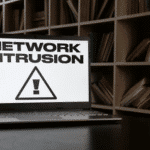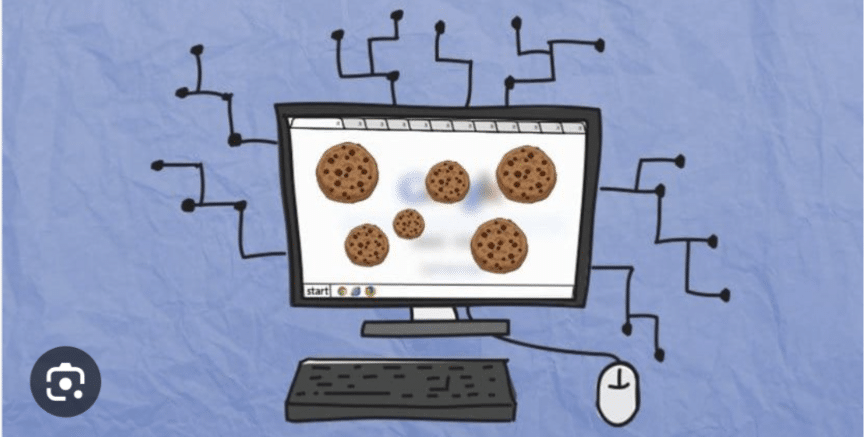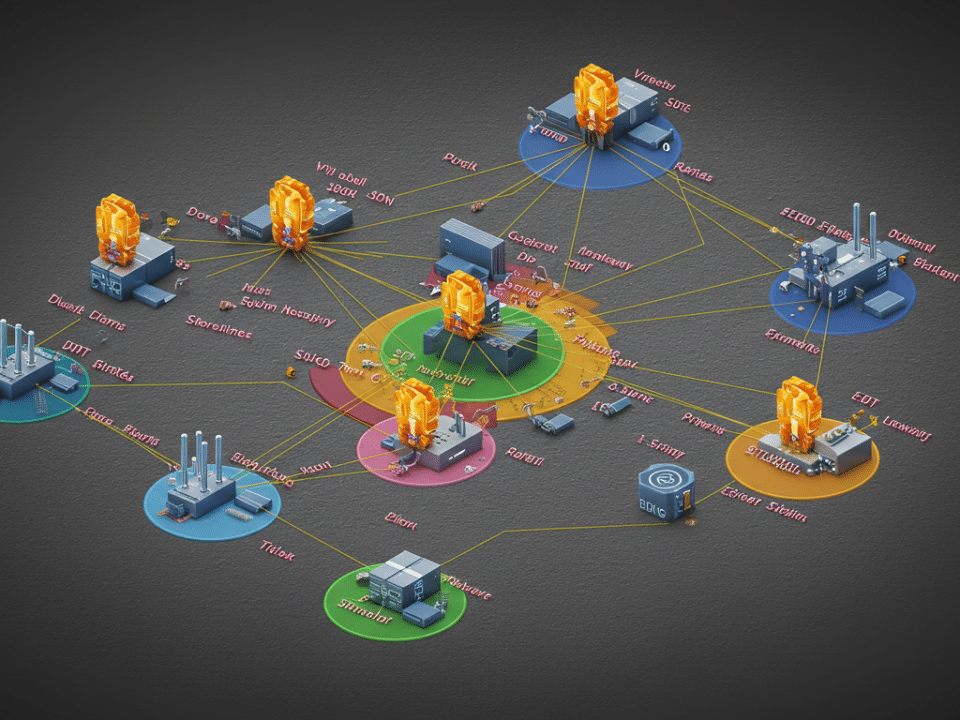
Fortressing Your Network: Proactive Techniques to Thwart Intrusions Before They Strike
January 25, 2024
JPMorgan Under Siege: 45 Billion Hacking Attempts and a Stark Warning from Jamie Dimon
January 26, 2024In a surprising twist, the latest cybersecurity trend suggests that cybercriminals are more interested in stealing your cookies than your passwords. It seems the days of elaborate phishing scams and brute-force attacks targeting your login credentials may be numbered. So, why the sudden shift in appetite? Let’s delve into the world of cookies and why they’ve become the hottest commodity on the dark web.
What are Cookies and Why Do They Matter?
Cookies are small data files that websites store on your device when you visit them. They track your browsing activity, preferences, and login information, making your online experience smoother and more personalized. However, this convenience comes at a price. Cookies can also contain sensitive information like your name, email address, and even credit card details, making them a goldmine for cybercriminals.
How are Cookies Being Exploited?
Cybercriminals are now using sophisticated malware and hacking techniques to steal cookies from your device. Once they have your cookies, they can:
- Impersonate you: By using your stolen cookies, hackers can gain access to your online accounts, including your bank accounts, social media profiles, and email.
- Steal your data: Cookies can contain a wealth of personal information, which hackers can sell on the dark web or use for identity theft.
- Track your activity: Hackers can use your browsing history and preferences to target you with personalized phishing attacks or malware.
So, Should You Ditch Cookies Altogether?
While cookies pose a potential security risk, they also play a crucial role in making your online experience enjoyable. Deleting all cookies can lead to a clunky and frustrating browsing experience. Instead, here are some steps you can take to protect yourself:
- Clear your cookies regularly: Set your browser to automatically clear cookies when you close it.
- Use a privacy-focused browser: Opt for browsers like Firefox or Brave that offer better privacy protections than Chrome.
- Be cautious about third-party cookies: Third-party cookies are placed on your device by websites other than the one you’re visiting. Be wary of websites that use a lot of third-party cookies, as they could be tracking your activity.
- Invest in anti-malware software: A good anti-malware program can help protect your device from malware that steals cookies.
Beyond Cookies: A Broader Perspective
The shift towards cookie stealing highlights the need for a broader approach to cybersecurity. While focusing on password security is essential, we must also be mindful of the vulnerabilities inherent in other aspects of our online lives, such as cookies and online tracking. By understanding these threats and taking appropriate precautions, we can navigate the digital world with greater confidence and security.
Remember, cybersecurity is a shared responsibility. We all have a role to play in protecting ourselves and our data from cybercriminals. By staying informed, taking preventive measures, and advocating for stronger cybersecurity practices, we can create a safer and more secure online environment for everyone.
#cybersecurity #cookies #hacking #dataprotection #privacy #onlinesafety #malware #phishing #darkweb #browsersecurity




